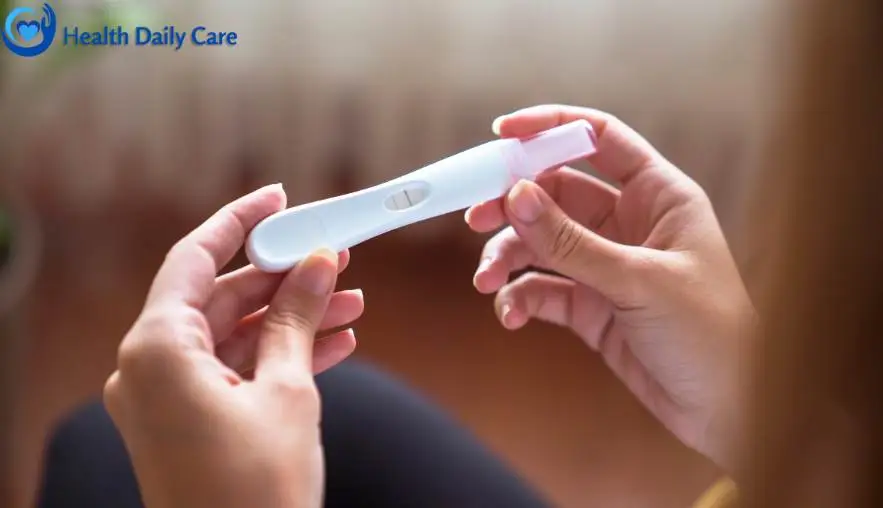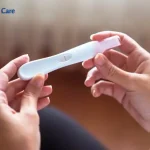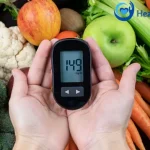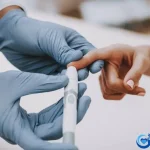Curiosity about the potential effects of caffeine in the pregnancy test is common, especially among those who are concerned about the accuracy of their results.
Considering both scientific evidence and a distinctive experience of women, it is important to communicate with a balanced perspective.
The factors that can affect the results of pregnancy tests, including caffeine, can empower people to make their informed decisions about their reproductive health. Do you ever, do caffeine affect a pregnancy test?
Let us look for the complex relationship between caffeine and pregnancy tests to provide precision of this significant subject for women in their reproductive years.
When to take a pregnancy test?
Some women wonder if drinking coffee or other drinks with caffeine can change the result of a pregnancy test. But actually, caffeine doesn’t directly affect the test.
The hormone the test looks for, called hCG, isn’t affected by caffeine.
But it’s important to wait until a week after you miss your period to do the test. Doing it too early might not give the right result.
If you’re worried about how caffeine or anything else might affect your pregnancy test, it’s best to talk to a doctor. They can help you understand what’s best for you.
What not to do before taking a pregnancy test?
It’s important to note that while caffeine itself doesn’t directly affect the results of a pregnancy test, it’s best to avoid consuming excessive amounts of caffeine before taking the test.
Caffeine is known to have diuretic effects, which means it can increase the frequency of urination. This can potentially dilute the levels of hCG (human chorionic gonadotropin) in the urine, which is the hormone that pregnancy tests detect.
As a result, it’s advisable to limit your caffeine intake before taking a pregnancy test to prevent any potential interference with the accuracy of the results.
In addition to avoiding excessive caffeine consumption, it’s also important to follow the instructions on the pregnancy test carefully, use the first urine of the day for the test, and refrain from drinking too much water before taking the test.
These simple precautions can help ensure that the results are as accurate as possible, giving you peace of mind during this important time.
Remember, if you have any concerns or questions about taking a pregnancy test, it’s always best to consult with a healthcare professional.
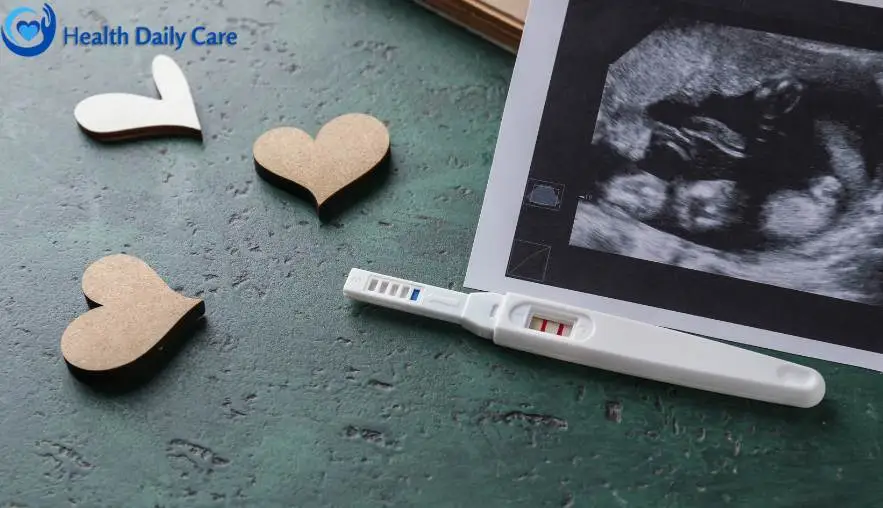
Does caffeine affect a pregnancy test?
Some women wonder if drinking coffee or other caffeinated drinks can change the result of a pregnancy test. But actually, caffeine itself doesn’t directly affect the test.
However, drinking lots of caffeine can make you feel anxious or stressed, which might mess up your period or when you ovulate. And that can make the timing of the test not so accurate.
Also, some pregnancy tests say it’s best to do the test in the morning when your pee is strongest. But caffeine makes you pee more, so it might make your pee less strong for the test.
So, if you’re trying to have a baby, it’s a good idea to not drink too much coffee or soda with caffeine. And if you want to do a pregnancy test, it’s best to do it in the morning before you drink any coffee.
Which time is best for pregnancy test?
When you want to see if you’re going to have a baby or not, you need to do a test. It’s best to do this test in the morning because your pee is stronger then. Drinking too much coffee or soda with caffeine might make the test not work well. So, if you want to do the test, do it in the morning and try not to drink too much coffee before.
The Relationship Between Caffeine and Pregnancy Tests
You might wonder if drinking coffee or other caffeinated drinks can change the results of a pregnancy test. Some people say it can, but others say it doesn’t.
There isn’t clear proof that caffeine directly affects pregnancy tests. Although some studies suggest that having lots of caffeine might make it take longer to get pregnant, there’s no strong evidence that it messes up the pregnancy test results.
It’s best to ask a doctor or someone who knows a lot about health if you’re worried about how caffeine might affect your pregnancy test. They can give you the right advice for your situation.
Remember, it’s always important to take care of yourself, especially when you’re thinking about having a baby.
Caffeine Consumption During Pregnancy
During pregnancy, it’s important for moms to be careful about what they eat and drink. Caffeine is something in coffee, tea, and some sodas that can make you feel awake and energetic. But too much caffeine can be bad for the baby growing inside the mommy’s belly.
Doctors say it’s okay for pregnant women to have a little bit of caffeine, but not too much. They suggest having less than one cup of coffee a day, which is about 200 milligrams of caffeine. That’s like one small cup of coffee.
Caffeine can go through the mommy’s body and reach the baby, and we’re not sure if that’s good or bad. But having too much caffeine can make the baby small or increase the chances of the mommy having a miscarriage, which means losing the baby before it’s born.
Some mommies decide not to have any caffeine during pregnancy just to be safe. But there are drinks that taste like coffee or tea but don’t have caffeine. They’re called decaf.
It’s always a good idea for mommies to talk to their doctor about what’s best for them and the baby during pregnancy.
Frequently Asked Question
Can caffeine consumption affect the accuracy of a pregnancy test?
Caffeine intake doesn’t directly impact pregnancy test results. However, excessive consumption may disrupt hormonal balance, potentially affecting fertility and menstrual cycles.
How long should I wait after drinking caffeine to take a pregnancy test?
There’s no specific waiting period after consuming caffeine. Pregnancy tests detect hormone levels in urine, so follow the instructions provided with the test for accurate results.
Can caffeine interfere with the hormone levels detected by a pregnancy test?
While caffeine doesn’t directly interfere with pregnancy test hormones, excessive consumption might affect overall hormonal balance, potentially leading to irregular menstrual cycles or fertility issues.
Should I avoid caffeine before taking a pregnancy test?
There’s no need to avoid caffeine solely for the purpose of a pregnancy test. Follow recommended guidelines for caffeine intake, but it’s unlikely to impact test results directly.
Last Note
In conclusion, it’s important to approach the topic of caffeine and pregnancy tests with caution and understanding.
While caffeine consumption itself doesn’t directly affect the results of a pregnancy test, it’s crucial to be mindful of overall health and wellness when trying to conceive.
The key is to maintain a balanced and healthy lifestyle, which includes being aware of caffeine intake and its potential impact on fertility and pregnancy.
Always consult with a healthcare professional for personalized advice and guidance on this matter. Remember, taking care of your overall well-being is the first step towards a healthy pregnancy journey.
